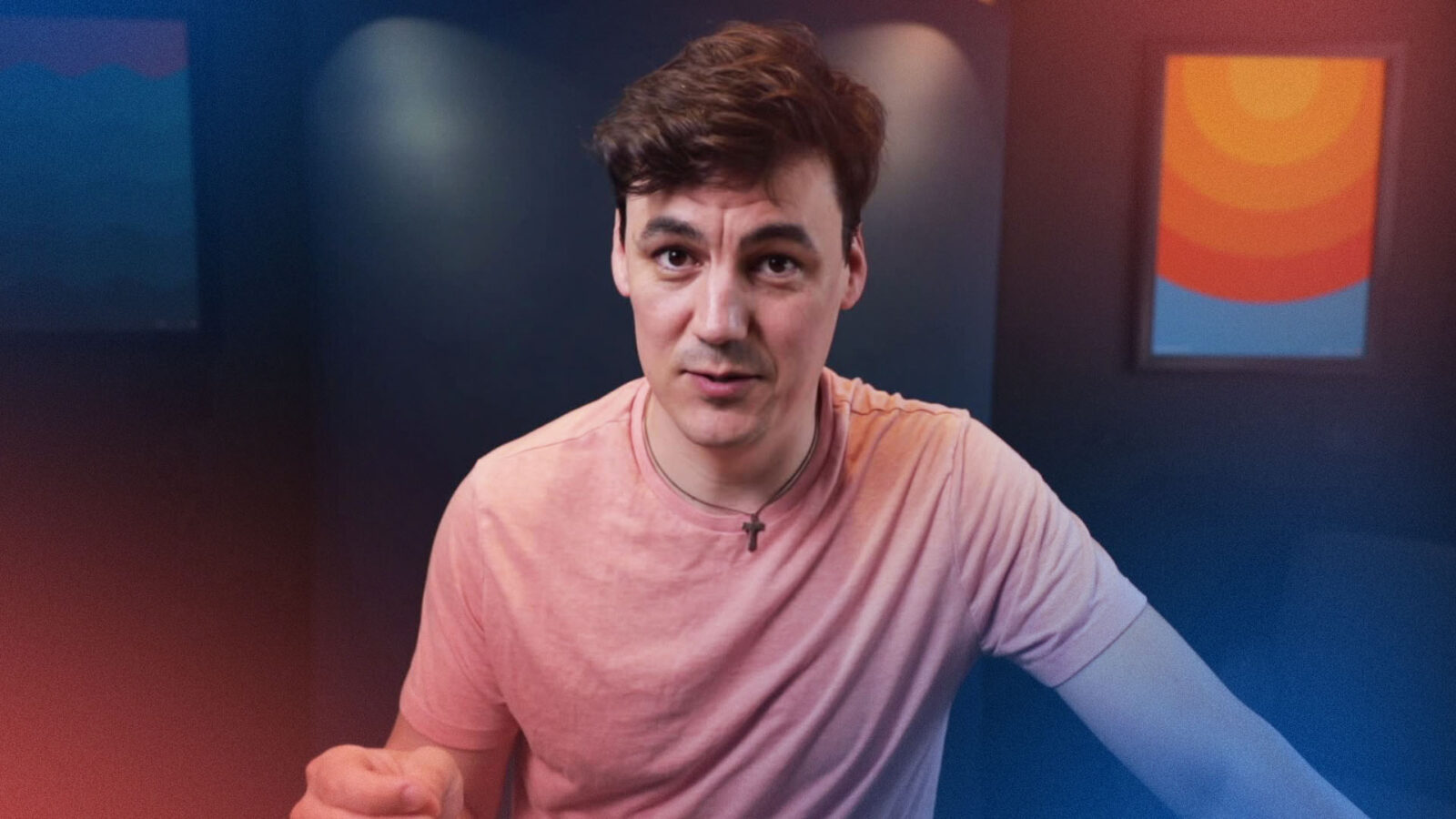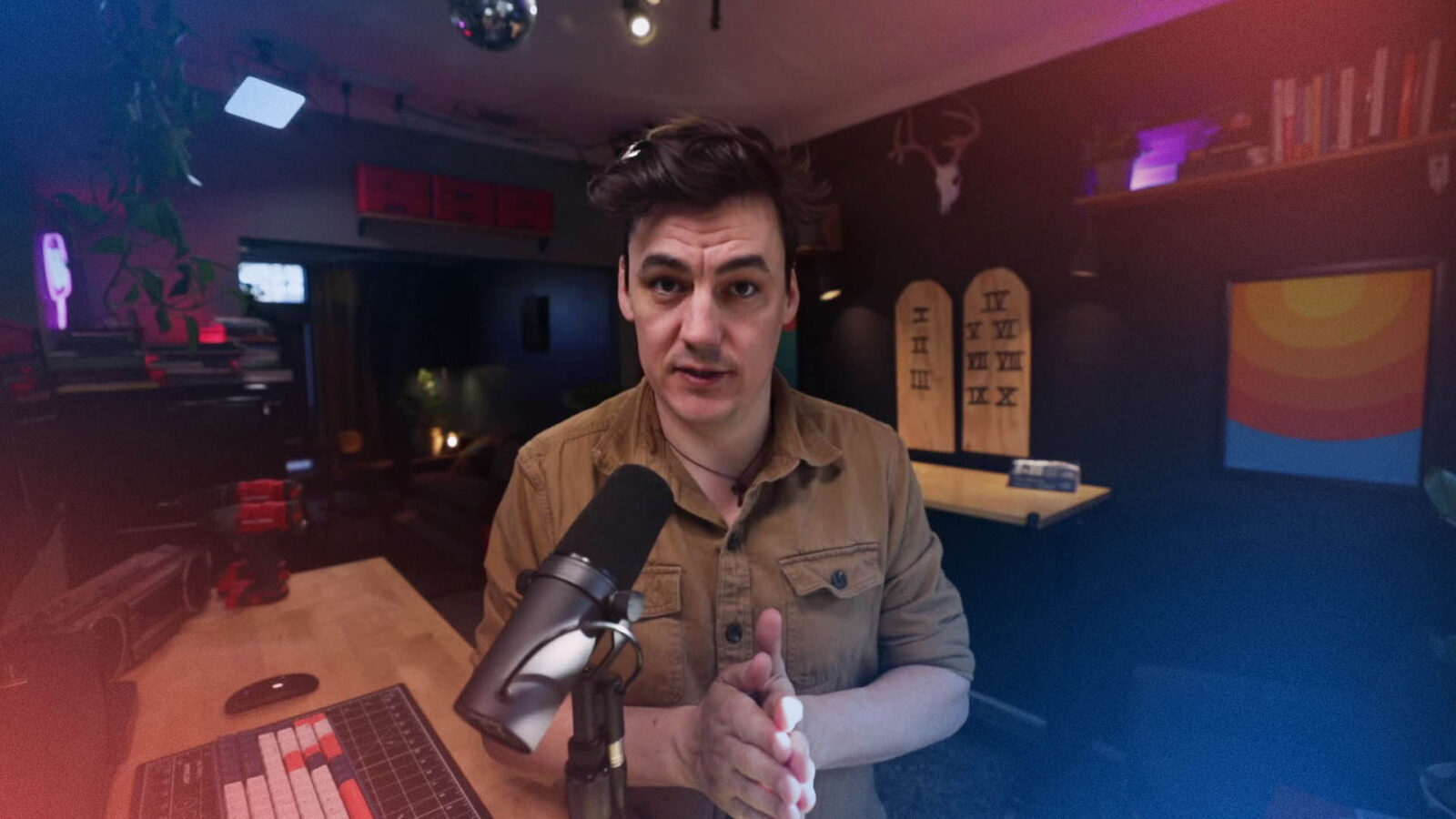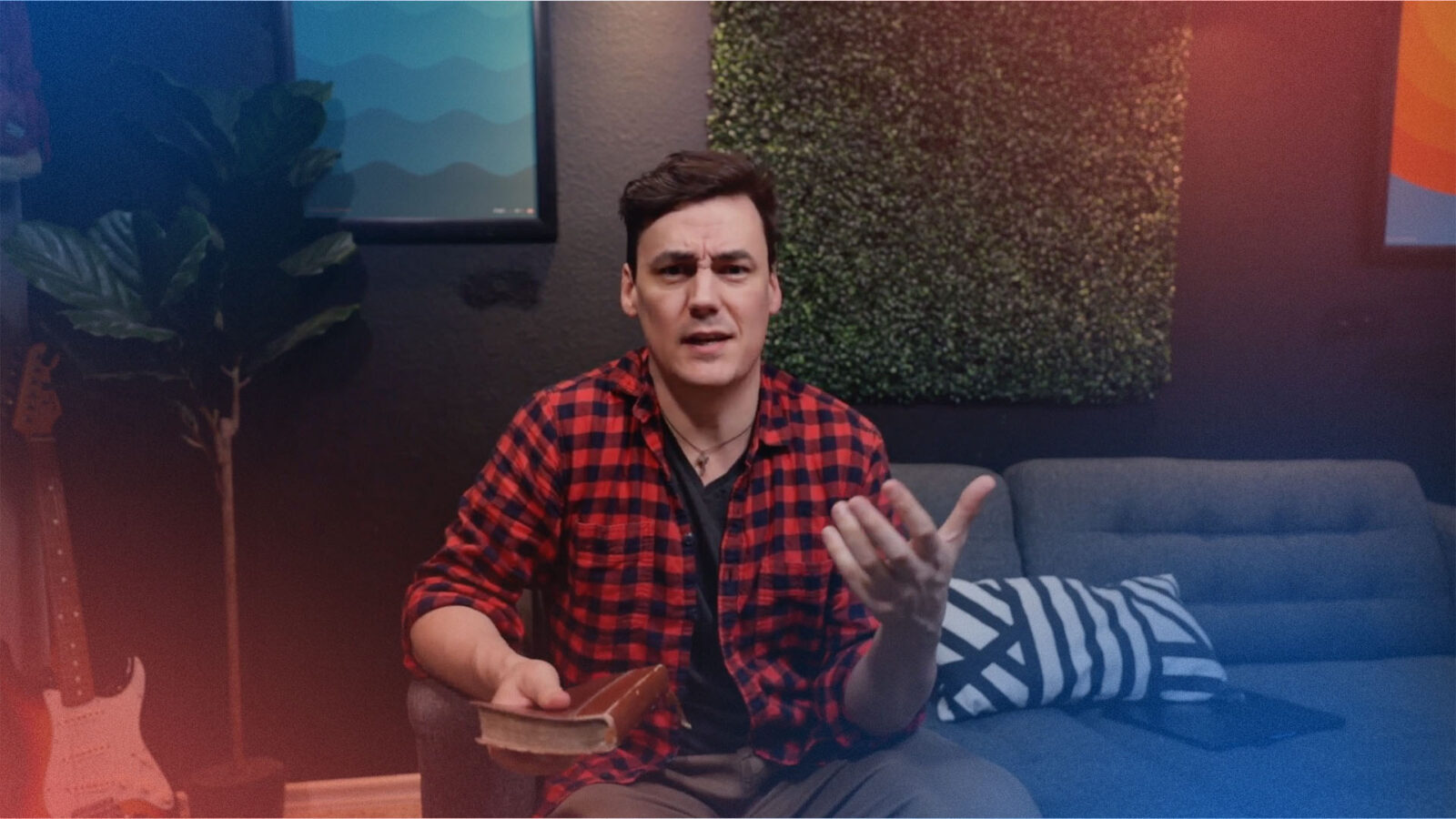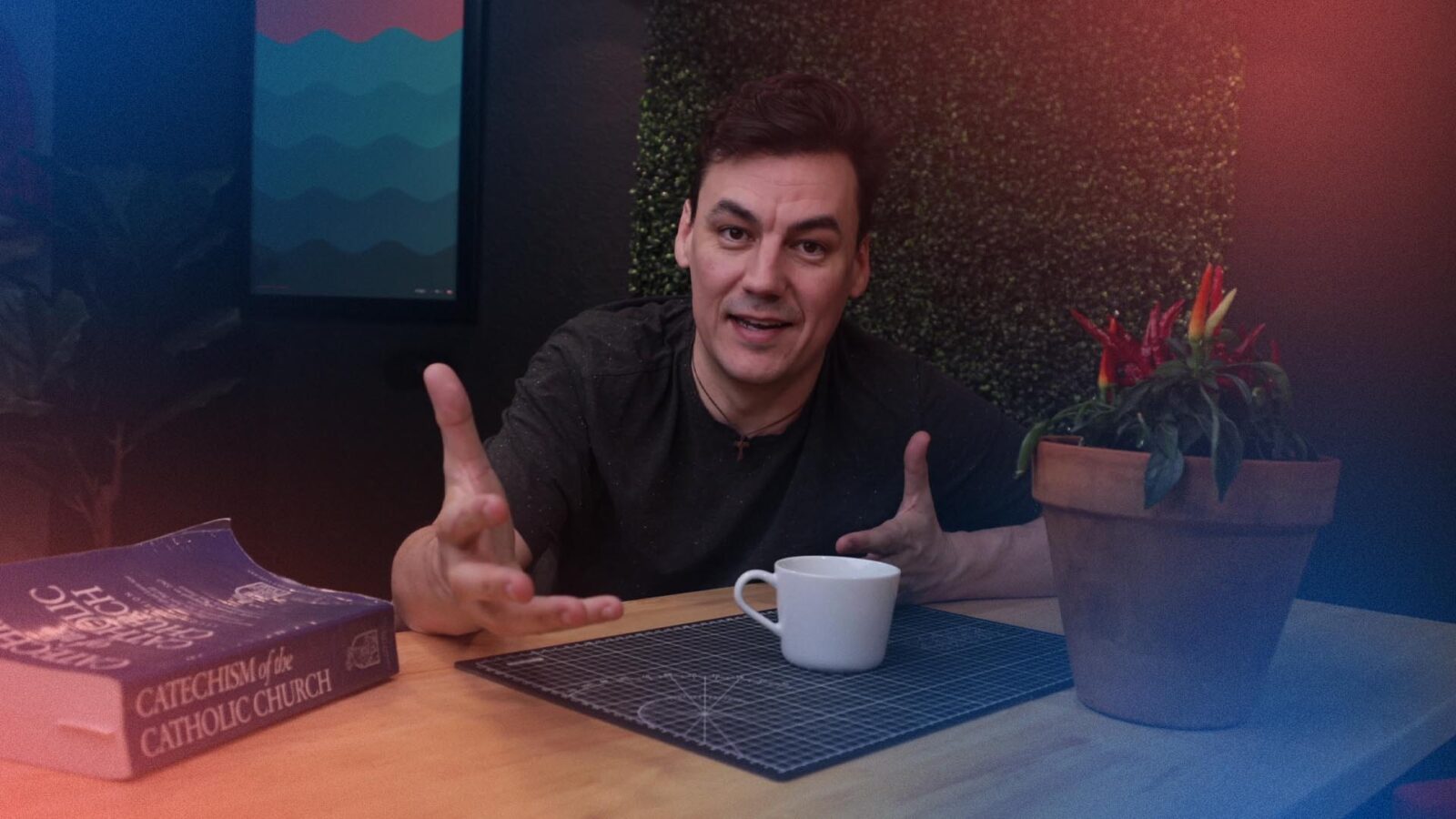Video Transcript
Edmund: I’m scared to do this. Because I don’t trust people.
Do you consider yourself pretty trustworthy?
Woman 1: No.
Edmund: How do you know when to trust somebody?
Woman 1: When I get to know them.
Edmund: How long does that usually take you?
Woman 1: It depends on the person.
Edmund: That’s a good answer. Do you consider yourself a pretty trusting person?
Man 1: Not really.
Edmund: Do you consider yourself trusting?
Woman 2: Sometimes. If you don’t do me wrong, I don’t do you wrong.
Would you tell me your social security number?
Man 1: No.
Edmund: No one wants to tell me their social security number.
How do you know when to trust somebody?
Woman 3: You get the instinct first. Then it kind of builds up.
Edmund: What kind of instinct am I giving you right now?
Woman 3: I feel pretty good.
Edmund: Well, awesome. Okay. Do you trust a high five? Okay. Thank you.
So God revealed himself to us. So now what? It all starts with step one: faith. Faith is a personal act enabled by God’s grace. It’s a free response to God who desires to reveal himself to us.
Faith is a gift from God. It’s so important that the Creed starts with, “I believe.” We can look for examples of faith in the Bible and in the lives of the saints. Mary gives an example of faith in God, in the way that she welcomes the message of an angel to her. An angel appears to Mary and tells her that she will bear a son named Jesus and Mary never wavers in her faith in God’s promise that he would be the Savior.
We can also find examples of faith in the lives of the saints, in a special way, those who have laid down their life for what they believed in. These are called martyrs. These are some of my favorite saints who have been martyred. St Cecilia. Blessed Miguel Pro. Saint Andrew. St. Maximilian Kolbe. Saint Dymphna.
It’s my favorite. I know how to pronounce it. And Abraham gave us an example of faith when God told him to leave everything he knew and go to a new land. Faith in what God has revealed when it’s difficult to understand or having faith in God himself when we’re having challenges in our life, this is called an obedience of faith and Jesus was obedient even to the point of giving up his life on the Cross.
How can we ever hope to have that kind of faith? And how can we increase our faith when we experience difficult situations in our life?
Ali: Cut!
Edmund: Faith is easy when it’s something we’re already open to believing, but faith can be difficult when things are harder to understand. And we’re called to have faith in God, even when life gets dark. Faith is necessary for salvation. Jesus himself said in Mark 16:16, “he who believes and is baptized will be saved, but he who does not believe will be condemned.”
The Catechism says in paragraph 177, that “to believe has a two-fold reference: to the person and to the truth: to the truth by trust in the person who bears witness to it.” So one of my best friend’s name is Chris. When I first met him, I didn’t know anything about him. Here he is.
Chris: Hi, I’m Chris.
Edmund: But now that we’ve been friends for over 10 years, I’ve gotten to know him really well.
And there’s been plenty of opportunities for me to place trust in him in larger and larger amounts. And it’s worked out.
In the UK, there’s this phrase, “mind the gap.” It became an automated message at train stations, warning passengers about the space between the train door and platform. At the end of the day, could Chris betray me one day?
Sure. Everyone has free will. And we can’t know with a 100% certainty that someone will never break your trust. There’s always a gap. And we have to mind that gap with either doubt or trust. A life walking with God comes with gaps. If you’re experiencing a moment where it’s difficult to have faith, you mind the gap.
If you feel like God’s not answering your prayers, you mind the gap. We mind the gap when we ask for God to give us the gift of faith to fill that gap. And we can remember the things about God that we’re sure of and ask him to help us fill the gap. All relationships, move at the speed of trust. And our relationship with God is no different. Trust comes with both time and experience.
We need to spend time with God, and we also need to experience his care and provision for us. With all of our relationships, we need to mind that gap and not pretend it isn’t there, but then try to fill it with an act of faith.
This is our stop.
Faith in difficult situations becomes easier the more we practice faith. We can practice minding the gap. We can mind the small gaps throughout our lives and pray for God to give us grace to have faith in these small things. This helps us build up to bigger challenges to our faith. Faith becomes easier the more we get to know God. We can read scripture. We can pray. We can go to the sacraments. We can get to know better who God is. And as we do this, our faith in him can grow.




